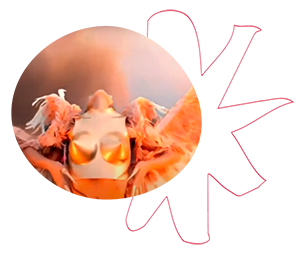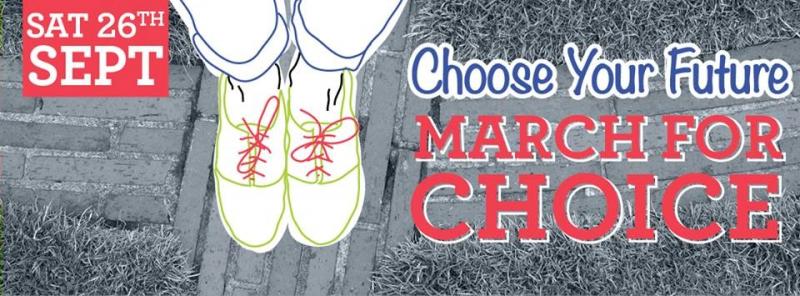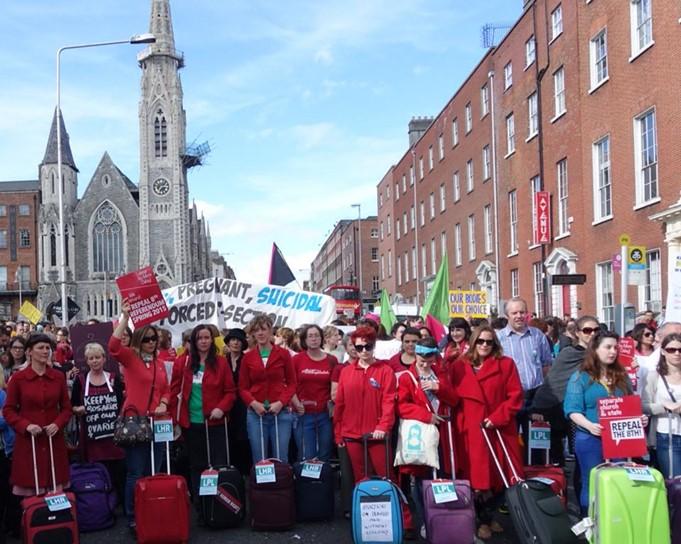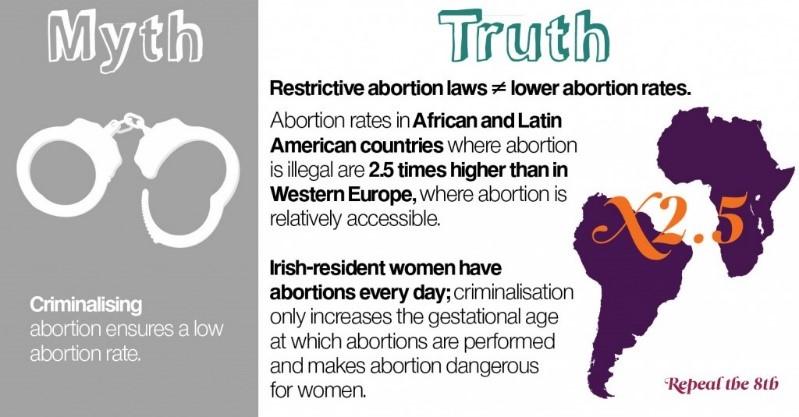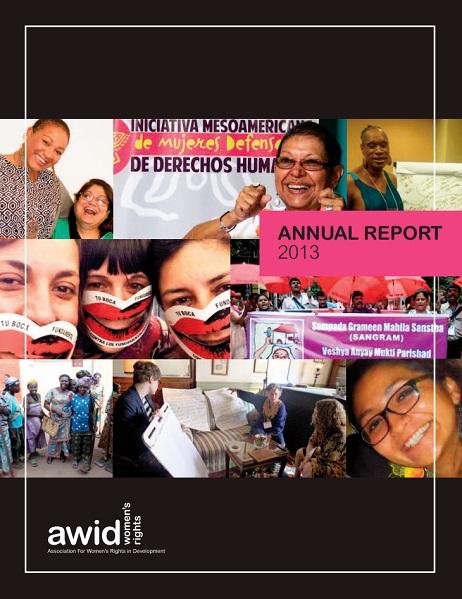Flores en la República Democrática del Congo
La Floraison fue fundada en 2008 y su misión es movilizar, reunir y brindar apoyo a mujeres jóvenes activistas por los derechos humanos en el territorio de Fizi[1] –un área rural de la provincia de Kivu del Sur en la República Democrática del Congo– con el propósito de fomentar el bienestar social, cultural y económico de estas jóvenes. Su misión forma parte una visión más amplia para el surgimiento de un nuevo grupo de jóvenes preocupadas por su desarrollo y firmemente decididas a convertirse en agentes de progreso sociocultural y económico en su entorno. Así surgió el eslogan “Mujeres jóvenes al servicio de la comunidad”, que ha sido parte de la asociación desde su lanzamiento.
“Sacrifiqué todo mi tiempo para servir a las personas más vulnerables, en especial a las mujeres víctimas de violencia sexual”, Magdeleine Rusia Abwe, asistente psicosocial de uno de los proyectos de La Floraison.
La organización trabaja desde un enfoque al que denomina “Nuestra voz” y que incluye la concienciación y la información a través de una radio, un grupo de teatro y un periódico comunitarios, así como la incidencia y la movilización de recursos para los grupos de mujeres. ‘Nuestra voz’ es prueba de nuestro apoyo y compromiso con la construcción de un mundo sin violencia”, afirma Loy Honore, fundadora de La Floraison.
Un centro de atención para sobrevivientes de violencia sexual y de género
Desde hace tres años, La Floraison apoya la atención psicosocial y la reintegración socioeconómica de las mujeres y las niñas sobrevivientes de violencia sexual y de género en centros de salud de Nemba, Katenga y Rubana, en el territorio de Fizi. A través de los centros de atención, el proyecto busca informar a las comunidades sobre la violencia sexual contra las mujeres y las niñas, los servicios disponibles y los derechos de las mujeres y su implementación legal. La iniciativa se propone también asesorar a las víctimas, derivarlas a servicios médicos y de apoyo legal y asegurar su reintegración económica a través de las Asociaciones Aldeanas de Ahorro y Préstamo, a la vez que fortalece el activismo comunitario contra la violencia de género.
Además de documentar, asesorar, apoyar y derivar a las sobrevivientes de violencia sexual y de género, La Floraison media entre las sobrevivientes que han sido rechazadas y sus familias. Como complemento, el proyecto incluye la divulgación entre la comunidad sobre la violencia sexual y de género a través de la creación de comités de vigilancia y alerta, la resolución de conflictos sociales y comunitarios y la promoción y defensa de los derechos de las mujeres.
“A través del grupo encontré algo más valioso que el dinero: ¡la solidaridad!”
Una joven burundiana de 17 años sobreviviente de violencias y beneficiaria del apoyo de La Floraison, cuenta su historia:
“A los 15 años di a luz a mi primer hijo con un viejo buen cliente que le ofreció una vaca a mi madre. La brutalidad de ese viejo borracho –me propinaba golpizas y amenazas de muerte– no daban un momento de paz en el hogar. Volví a la casa de mi madre, pero ella no aprobó mi comportamiento. En octubre de 2013, un congoleño mucho mayor que yo, de más de 49 años, planteó la necesidad de llevarme con él a la República Democrática del Congo. Mi madre dio su permiso para el matrimonio sin consultarme y el pretendiente entregó 3 cabras y 2 pares de taparrabos[2] como dote.
Cuando llegamos a la RDC, descubrí que él tenía tres esposas y que yo me había converitdo en la cuarta; él tenía hijos mayores que yo. Al cabo de un mes las tres primeras esposas no me querían en la parcela de tierra. El esposo me abandonó sin ningún apoyo. Fui a ver al jefe de la aldea pero estaba la barrera del idioma. Sin comida ni medios de superviviencia, empecé a cultivar para otras personas para poder comer. Cuando mi esposo se enteraba de que yo estaba trabajando para alguien, venía y los amenazaba diciendo que yo era su esposa y que nadie podía usarme sin su consentimiento. Yo no entendía nada porque todo sucedía en un idioma que no comprendo. Muchas personas tenían miedo de darme trabajo. Un día, tres hombres llegaron a mi hogar desprotegido alrededor de la medianoche. Me violaron uno a uno. Uno de ellos oyó mis gritos en kirundi –él también era de Burundi– y le pidió a sus amigos que me dejaran vivir. Me aconsejó que huyera porque mi esposo planeaba matarme. Por la mañana, los vecinos vinieron a rescatarme.
No Ie dije a nadie lo que me había sucedido esa noche –la violación– porque de acuerdo con nuestras costumbres, si los demás saben que has sido violada, ya nadie querrá casarse contigo. A la luz de estas amenazas, el jefe de la aldea me llevó a su casa y la policía empezó a investigar. No era fácil ayudarme porque estaba en la RDC ilegalmente, pero empezaron a buscar a mi esposo. Mi vida se volvió muy difícil porque para sobrevivir había vendido todo lo que tenía, y también las cosas de mi hijo. Le pedí al jefe de la aldea que me enviara a Burundi. Eso costaba más de $30, y no era fácil.
Un día, una mujer que trabajaba en el centro de salud vino a verme y me dijo que fuera al centro de salud para una cita privada. Yo tenía miedo, pero cuando llegué al lugar, ella me recibió con mucha amabilidad, me reconfortó, pero yo estaba muy conmovida y la reunión no pudo tener lugar a causa de mi llanto. Me dio una nueva cita, y esa vez le conté todo lo sucedido desde el principio en Burundi. También me vio la enfermera y fui a Sebele[3] para que me atendieran. Ella me ayudó mucho, con asesoramiento y visitas, aunque yo no hablaba swahili fluidamente. Yo iba a verla al centro de salud y un día fue conmigo a la estación de policía para ver cómo iba mi caso y le pidió al funcionario policial que facilitara mi repatriación a Burundi.
Ella también me recomendó que me uniera a un grupo de ahorro y crédito fundado en la aldea ya que así podría recibir un préstamo y hacer pequeñas transacciones comerciales. A través del grupo encontré algo más valioso que el dinero: ¡la solidaridad! No sabía que podría encontrar personas tan generosas a mi lado, en especial durante momentos tan duros. Recibí un pequeño préstamo de 16.000FC, que me permite vender pescado (12.000FC) y harina de maíz (4.000FC). Ya no moriré de hambre.
Mentalmente me siento bien, pero todavía necesito regresar a mi país a vivir con mi madre”.
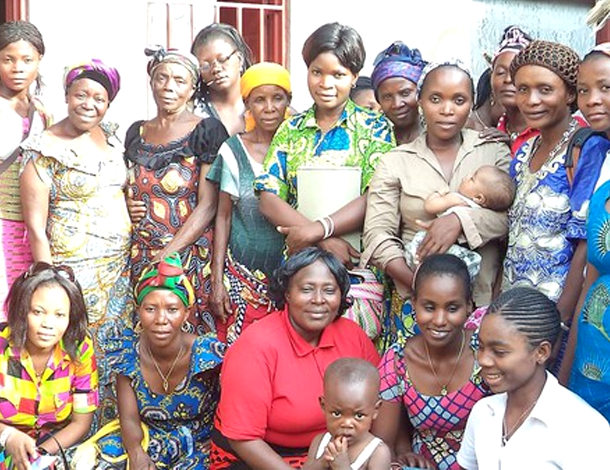
[1] El territorio de Fizi incluye cuatro comunidades rurales, 27 grupos, 142 pueblos y 1634 aldeas. La infraestructura es insuficiente, en especial para la educación, la salud, el empleo, el transporte y la recreación. El área carece de electricidad y pocos hogares tienen acceso a agua potable y a saneamiento adecuado.
[2] Vestimenta.
[3] Poblado en el territorio de Fizi

